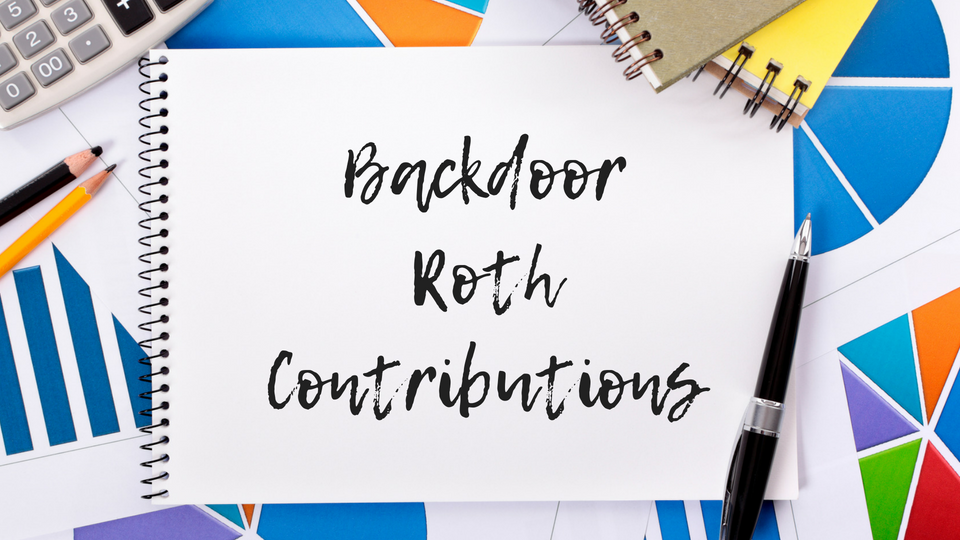
What to Know About Catch-Up Contributions in 2025
Exciting changes in retirement planning for 2025, driven by the SECURE 2.0 Act, offer new opportunities—like “super” catch-up contributions—for individuals nearing retirement to save more.


We have cautiously broached the backdoor Roth contribution strategy with many of our clients over the years and a fair number have taken advantage of it. The primary concern has been whether the IRS would impose the Step Transaction Doctrine, which is the legal principle that a series of related steps in a transaction should be taxed based on the overall economic nature of the transaction, not simply based on the separate individual steps. The concern was that the IRS could use this doctrine to invalidate the conversion by treating it as an impermissible Roth contribution. As a result, we cautioned clients that if they decided to employ the strategy, they should consider waiting on the conversion step for a period of time so as to possibly improve the chances of the Step Transaction Doctrine not being imposed.
The good news is that the Tax Cuts and Jobs Act appears to put any concerns to rest by confirming that the backdoor Roth is a permissible strategy. There are several references to this strategy included in Congress’ Conference Committee report that accompanies the new law including the statement, “Although an individual with AGI exceeding certain limits is not permitted to make a contribution directly to a Roth IRA, the individual can make a contribution to a traditional IRA and convert the traditional IRA to a Roth IRA.”
We recommend that individuals consult with a professional advisor familiar with their particular situation for advice concerning specific investment, accounting, tax, and legal matters before taking any action. We’re here and happy to help – contact Beaird Harris today.
Disclosure: Please remember that past performance may not be indicative of future results. Different types of investments involve varying degrees of risk, and there can be no assurance that the future performance of any specific investment, investment strategy, or product (including the investments and/or investment strategies recommended or undertaken by Beaird Harris Wealth Management, Inc.), or any non-investment related content, made reference to directly or indirectly in this blog will be profitable, equal any corresponding indicated historical performance level(s), be suitable for your portfolio or individual situation, or prove successful. Due to various factors, including changing market conditions and/or applicable laws, the content may no longer be reflective of current opinions or positions. Moreover, you should not assume that any discussion or information contained in this blog serves as the receipt of, or as a substitute for, personalized investment advice from Beaird Harris Wealth Management, Inc. To the extent that a reader has any questions regarding the applicability of any specific issue discussed above to his/her individual situation, he/she is encouraged to consult with the professional advisor of his/her choosing. Beaird Harris Wealth Management, Inc. is neither a law firm nor a certified public accounting firm and no portion of the blog content should be construed as legal or accounting advice. A copy of the Beaird Harris Wealth Management, Inc.’s current written disclosure statement discussing our advisory services and fees is available for review upon request.

Exciting changes in retirement planning for 2025, driven by the SECURE 2.0 Act, offer new opportunities—like “super” catch-up contributions—for individuals nearing retirement to save more.

Tax season is where the action lies for a great number of firms – they live for compliance, for details, for maximizing deductions.

If you’re turning 65 in 2025, you’re eligible for Medicare and should consider your options carefully, as timely enrollment can prevent costly penalties, while factors…
Schedule a complimentary call today. We’ll help you get started and learn more about Beaird Harris.